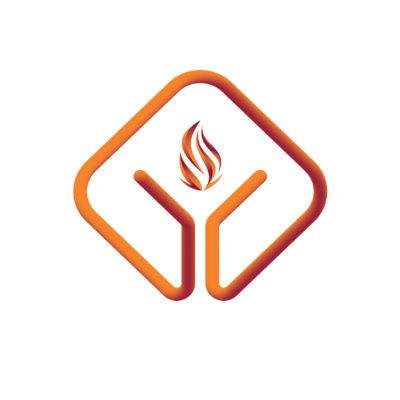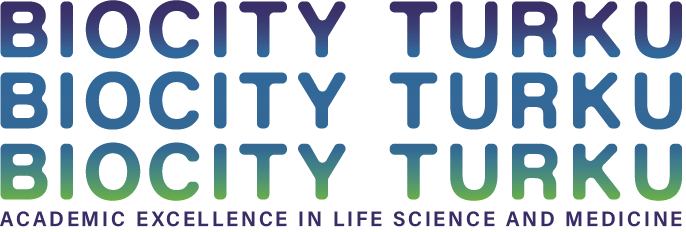PiF Friday Café

When
Event Details
27th September at 13:00-14:00
On-site event
in Medicity Seminar Room, BioCity, 4th Floor
Dr. Pasi Kankaanpää
Science from Another Perspective: Career with Research Infrastructures
Welcome to the next PiF Friday Café, where you will hear about working in science from the research infrastructure perspective—and, of course, enjoy some coffee and pulla (first come, first served)!
Pasi did his master’s at the University of Jyväskylä, specializing in 4D live cell confocal microscopy, among the first in the Nordics. He did his PhD at the University of Turku, developing BioImageXD, open source software for bioimage analysis. The software was published in a 2012 special issue of Nature Methods that “defined” a new field of science, bioimage informatics. After his PhD, Pasi focused on developing imaging research infrastructures. He was one of the key persons in getting imaging organized in Finland, and he managed the practical development of Euro-BioImaging up until its launch in 2019.
Ever since the beginning of his career, Pasi’s aim has been to work for the benefit of the larger scientific community, which has driven him to develop research infrastructures that provide open access to anyone from both academia and industry. Today, he is the head of biological imaging at Turku BioImaging (www.bioimaging.fi<http://www.bioimaging.fi/>), where he leads a team producing open access image data analysis services. He is the director of Euro-BioImaging Finland (www.eurobioimaging.fi<http://www.eurobioimaging.fi/>), consisting of the country’s top imaging facilities from 7 universities and 3 university hospitals, and part-time senior scientific manager at the Euro-BioImaging international headquarters (www.eurobioimaging.eu<http://www.eurobioimaging.eu/>).
In his talk, Pasi will tell what it’s like to work with research infrastructures, how they operate and why they exist. He will show how incredibly rich the science is when done through open access provision, and what kind of possibilities it brings with both companies and academics around the world. He will also tell how developing something new has had its challenges, for instance because the university ecosystems have trouble adjusting. He will also highlight how research infrastructures today are changing the way science is done, how they are leading to the birth of a new type of academic professionals, and what kind of career opportunities they provide.
Welcome!
